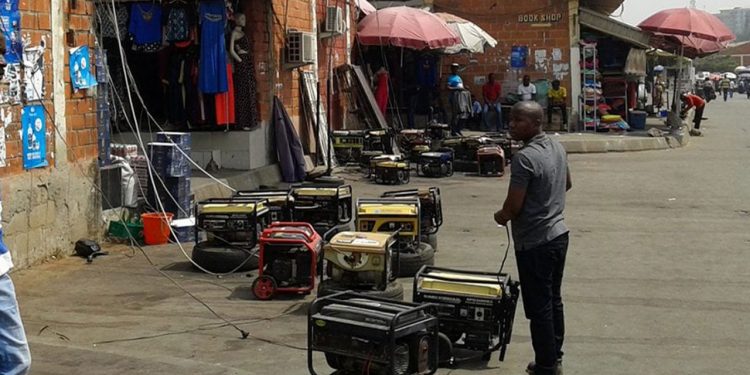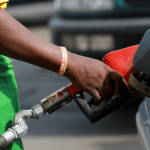Micro, small, and medium enterprise (MSME) owners in Lagos State are collectively spending an astonishing N5.3 trillion annually on petrol and diesel to power their businesses through generators. This staggering figure is highlighted in a recent report by Sustainable Energy for All (SEforALL), which aims to advance the Energy Transition in Lagos and Nigeria.
The report, conducted in collaboration with the Lagos State Government, reveals that soaring fuel prices and generator maintenance costs are placing immense financial strain on households and businesses, hindering economic growth and development. Each year, the generators utilized by these enterprises consume approximately 6.6 billion liters of petrol, leading to carbon emissions totaling 17.8 million tons.
Following the federal government’s removal of the fuel subsidy, 79% of surveyed industries have reported a reduction in their typical operating hours. Despite the challenges, the report indicates an increasing awareness of solar energy among businesses, with 80% recognizing its potential advantages. However, only 52% of MSMEs are willing to explore alternative energy sources like solar power.
The subsidy removal has compelled many businesses to decrease their generator usage to cope with the escalating fuel costs. Nevertheless, only 3% of these enterprises have transitioned to solar energy as their primary power source, highlighting a substantial gap between awareness and actual adoption. This discrepancy points to potential barriers that need to be addressed to facilitate wider acceptance of solar energy.
Encouragingly, 64% of businesses have expressed interest in considering solar power as an alternative to traditional petrol and diesel generators. This interest suggests that, with the right incentives, financing options, and awareness campaigns, solar energy adoption could increase significantly.
The Renewable Energy Landscape
The drive for renewable energy has gained momentum following President Bola Tinubu’s removal of fuel subsidies. In response to rising petrol costs, he also launched a compressed natural gas (CNG) program, providing a more affordable fueling alternative for vehicles.
Solar power is emerging as a leading solution among renewable energy options due to its reliability and lack of carbon emissions or air pollutants, making it a cleaner energy source for Nigeria.
In March, the European Union (EU) pledged €37 million to support solar and hydropower systems, aiming to enhance energy access in healthcare facilities and rural areas throughout Nigeria. Furthermore, the World Bank has committed $750 million to rural electrification projects, focusing on expanding solar energy and other renewable solutions to improve power availability in underserved regions. These initiatives reflect a growing commitment to sustainable energy to meet Nigeria’s evolving energy needs.










